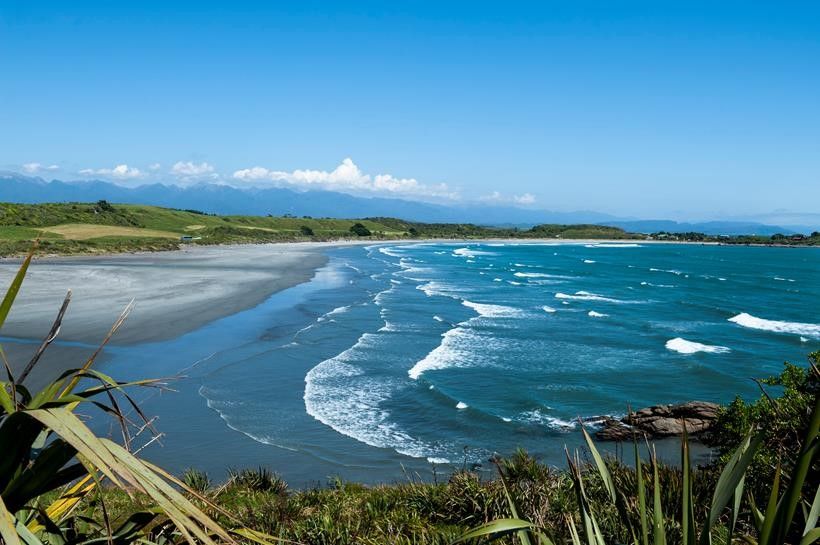Bay of Plenty Mayors release Climate Change Risk Assessment
Friday, 23 April 2023
The Bay of Plenty Mayoral Forum was presented with the region’s first climate change risk assessment today, highlighting just how significant and wide-ranging future impacts might be.
Chair of the Mayoral Forum, Rotorua Lakes Council Mayor Tania Tapsell, welcomed the high-level risk assessment explaining it is an important resource for the region.
Mayor Tapsell says the assessment takes a comprehensive look at climate risk across all aspects of our environment, people and economy.
“It gives us a clear picture of the climate risks we can expect over the coming decades and rates them over time. For the first time the region has a solid foundation of information to collectively build upon and respond to climate change risks. This will help ensure we make well informed decisions into the future” she says.
“The assessment is a resource not just for councils but also iwi and hapū, sector and community groups, and can be used to inform further, more focused, assessments and planning. Regardless of where in the region you’re standing, we’re all looking to better understand the increasing influence climate change will have and factor this into our planning.”
“Although climate change will affect the region differently, it’s important we work together to get our heads around the existing challenges as well as the new ones it will present. This is not the beginning, and across the region a lot of work is already underway to understand and plan for a changing climate.”
The Regional Climate Change Risk Assessment was funded by Toi Moana Bay of Plenty Regional Council and carried out by Tonkin and Taylor in collaboration with staff from across the local councils. The findings of the assessment are split into three volumes which summarise risks and consequences; (1) at a regional level (2) by district and (3) by sector.
The Risk Assessment provides an overview of how Bay of Plenty may be affected because of climate change related hazards, such as more severe and frequent weather events. It was carried out according to national guidelines and a wide range of experts were involved in and contributed to the assessment. The risk assessment does not assess risks at a local scale or consider adaptation planning.
“I would like to acknowledge the Maketu Iwi Collective and Waiōhau Marae who shared invaluable insights and knowledge of te ao Māori perspectives about climate change, and the type of impacts they’re concerned about.”
To view the risk assessment, or for more information, visit http://www.boprc.govt.nz/risk-assessment
Snapshot of climate change risks for the region
- In Western Bay of Plenty, the key hazards are marine heatwaves; coastal erosion, inundation and flooding; increased temperature and drought; inland flooding and extreme weather. This puts coastal communities at risk of flooding; marine ecosystems and fisheries at risk from sedimentation, marine heatwaves and acidification; key road and rail transport routes at risk of disruption from flooding; and cultural heritage sites at risk of coastal erosion. Low lying farms are also at risk from flooding and drought and the horticulture sector at risk from reduced winter chill.
- In Eastern Bay of Plenty, the key hazards include marine heatwaves; coastal erosion, inundation and flooding; increased temperature; drought; landslides; inland flooding; extreme weather and increased fire risk. This puts coastal communities at risk of flooding, native ecosystems at risk from erosion as well as waterways and the ecosystems they house at risk from increased sediment. It also puts pockets of forestry at risk from extreme weather events and disruption to logging, key roads at risk of landslides, and marine ecosystems and fisheries at risk of warming, acidification and sediment deposition.
- In the Rotorua Lakes area, the key hazards include increased temperature, drought, landslides, inland flooding, extreme weather and increased fire risk. This puts lakeside settlements at risk from rainfall related flooding, native ecosystems at risk from increasing invasive species and sedimentation issues, marae located near rivers at risk from flooding, tourism at risk from worsening water quality in the lakes and changing groundwater impacts on geothermal activity, farms on hills at risk of damage from erosion, forestry at risk from flooding and Rotorua airport at risk from disruption.
- ENDS -
